UPDATE | August 14, 2023
Introduction
Every student has experienced stress. But when you study abroad, that amount of stress increases dramatically. It is difficult to move even within your home country. When it comes to moving to a foreign country, stress is unavoidable, not only because of the new environment and moving procedures, but also because of cultural differences and language difficulties. Therefore, I would like to share my stress relief methods.
It may seem too easy, but taking deep breaths is enough to reduce anxiety.
The advantage of this stress relief method is that it doesn't take a lot of resources or time. Comfortable clothes, a quiet place and 5 minutes are all you need.
There are many breathing techniques for stress relief, but this time I will introduce the simplest one.
1. Wear comfortable, easy-to-move clothes and sit comfortably in a chair, bed or yoga mat in a quiet place.
2. Place your right hand lightly on your belly and place your left hand in the middle of your chest.
3. Breathe in slowly through your nose.
4. Exhale slowly.
5. Repeat for 3 to 5 minutes.
If you want to take a deep breath with your eyes closed, a timer is useful. It is recommended to continue 1-2 times a day.
If you just study all the time, your brain will get tired quickly, so let's exercise and give your brain a rest.
You may say, "No, I don't have time to exercise because I have a lot of homework," but exercising actually saves time. This is because exercise can improve concentration. Your brain also rests while you exercise, which reduces stress levels.
Also, don't worry if you don't like sports. Exercise can be any activity as long as you can move your body. Walking around the neighborhood and dancing while enjoying your favorite music are good for your body, so please find the exercise that suits you and incorporate it into your life.
Studying isn't the only thing that exhausts the brain. For example, the SNS that I check on my smartphone while commuting to school is full of various information such as text, images, videos, and sounds. Checking SNS is a simple operation, but before you realize it, your head will be very tired. With the spread of the Internet, the amount of information that enters the human brain has increased overwhelmingly. On top of that, once you start checking SNS, you will end up spending a lot of time, and when you realize it, you may panic and say, "I don't have time to do anything!"
Let's do a "digital detox" that doesn't use smartphones, computers, game consoles, etc. for at least an hour every day.
[PR]
Stress from loneliness is not uncommon. This is especially true when living in a foreign country.
In such cases, confiding in your concerns with a close, trustworthy person can help you feel better.
If you have just arrived in Japan, we recommend making video calls with your family and friends in your home country. If the time difference with your home country is large, try to plan a call time in advance. After coming to Japan for a while, try to build a network in Japan. Having someone close to you who will listen to you will give you a sense of security, so make sure to make friends.
When you live in a foreign country, there are many things you have never done before and things you lack confidence in. A new environment can easily cause stress, so in order to overcome that stress, you need to challenge yourself to change your perspective.
When I first came to Japan, I was so embarrassed about my Japanese that I avoided situations where I had to use it, let alone practice it. Naturally, my fear of using Japanese led to a lot of restrictions in my life, and that inconvenience was very stressful.
One day, I had to go to the hospital and had no choice but to use a lot of Japanese. As a result, even though my Japanese was poor and my physical condition was bad, I was able to understand the language and was able to visit the hospital without incident. At that time, I learned the following. It doesn't matter if your Japanese is poor or not, it's just a matter of being able to communicate in order to live in Japan. Since then, I have had more and more opportunities to use Japanese, and by putting it into practice, I was able to grow. Of course, the stress caused by using Japanese has almost disappeared.
See if there are any perspectives that make your life difficult. If you have that perspective, think about how you can change that perspective.
It is important to maintain physical and mental health to relieve stress. To that end, no matter how busy you are with your studies, remember to rest, exercise, interact with people, and enjoy life.
Also, if you are studying abroad and living in a foreign country, please be aware that you are amazing. Being able to study abroad means having courage, so be careful not to lower your self-worth when something goes wrong.

An employee of ACCESS NEXTAGE Co., Ltd. Career Support Division for Foreigners. Originally from Belarus. She will come to Japan in June 2021 and will participate in the government-sponsored research student program at Ochanomizu University until March 2023. His hobbies are PC games, drawing, and international exchange.
[PR]
[PR]